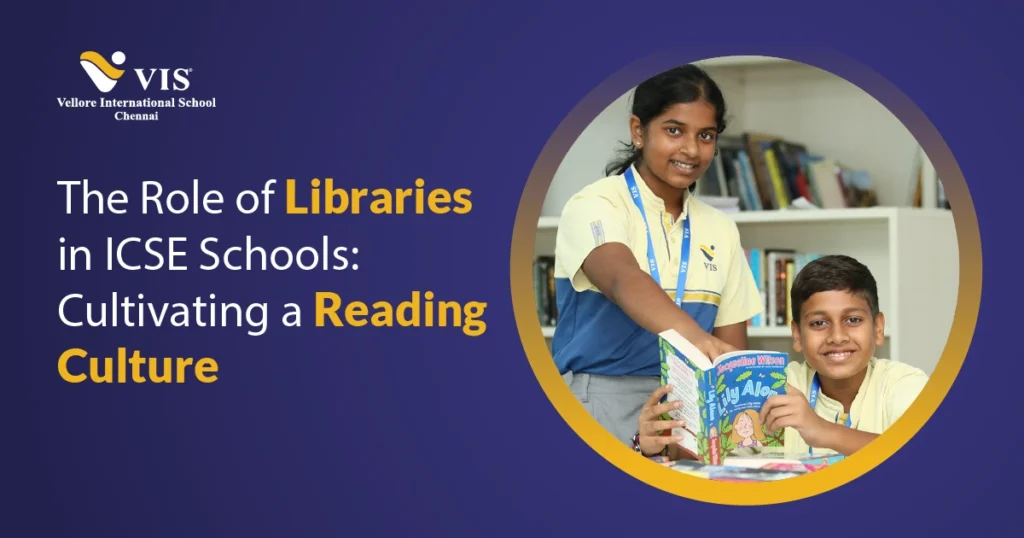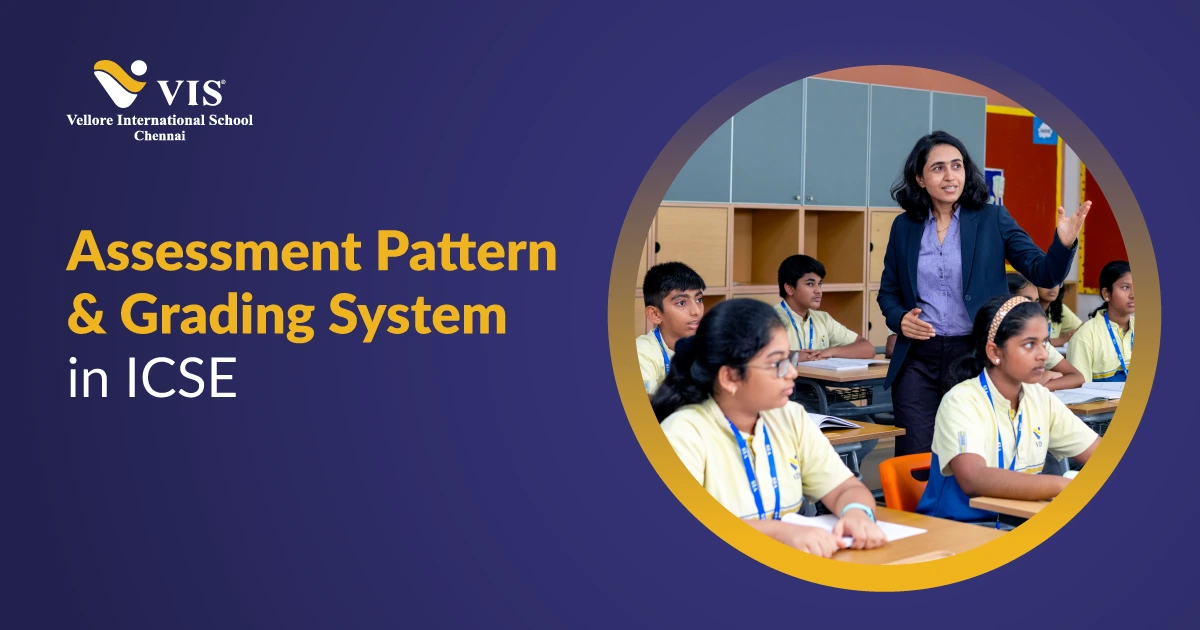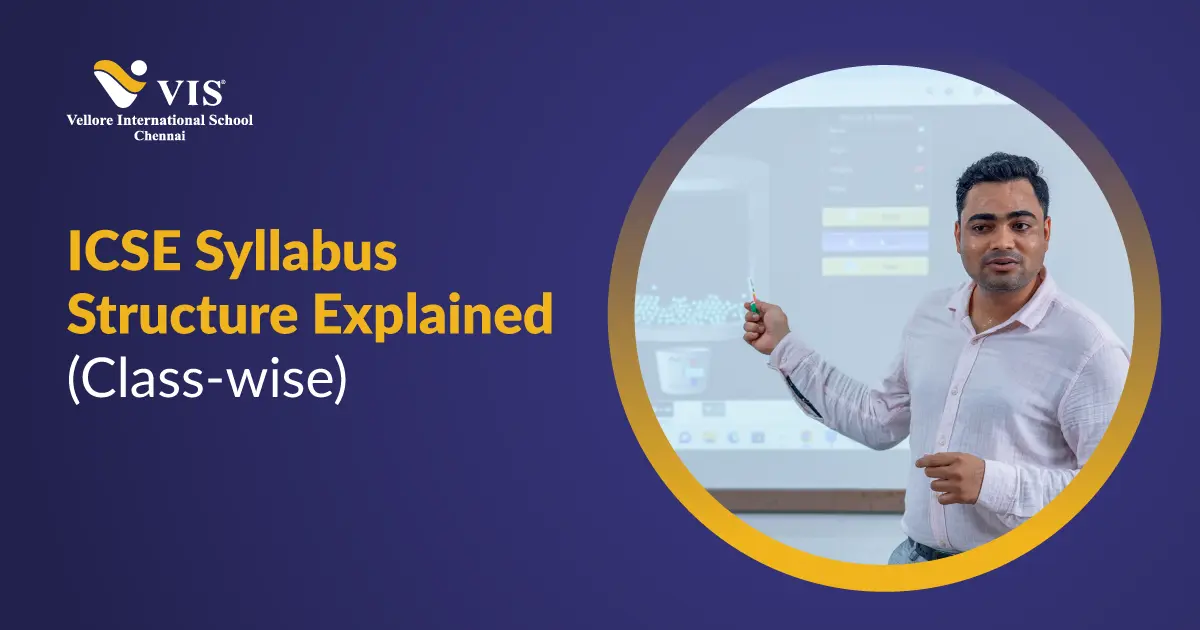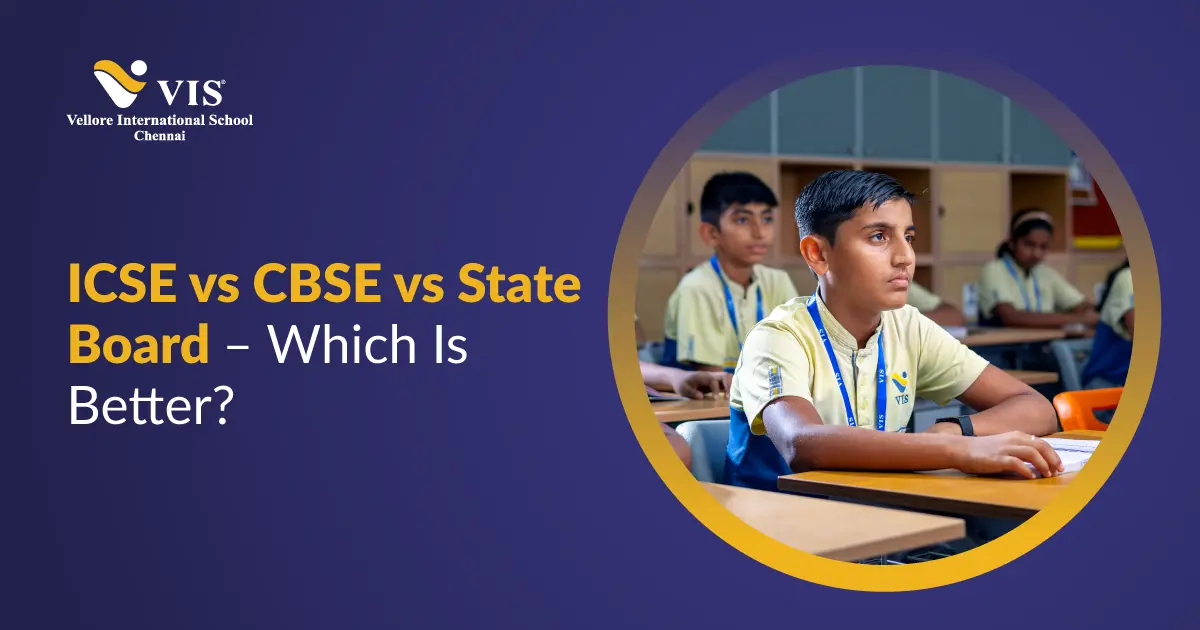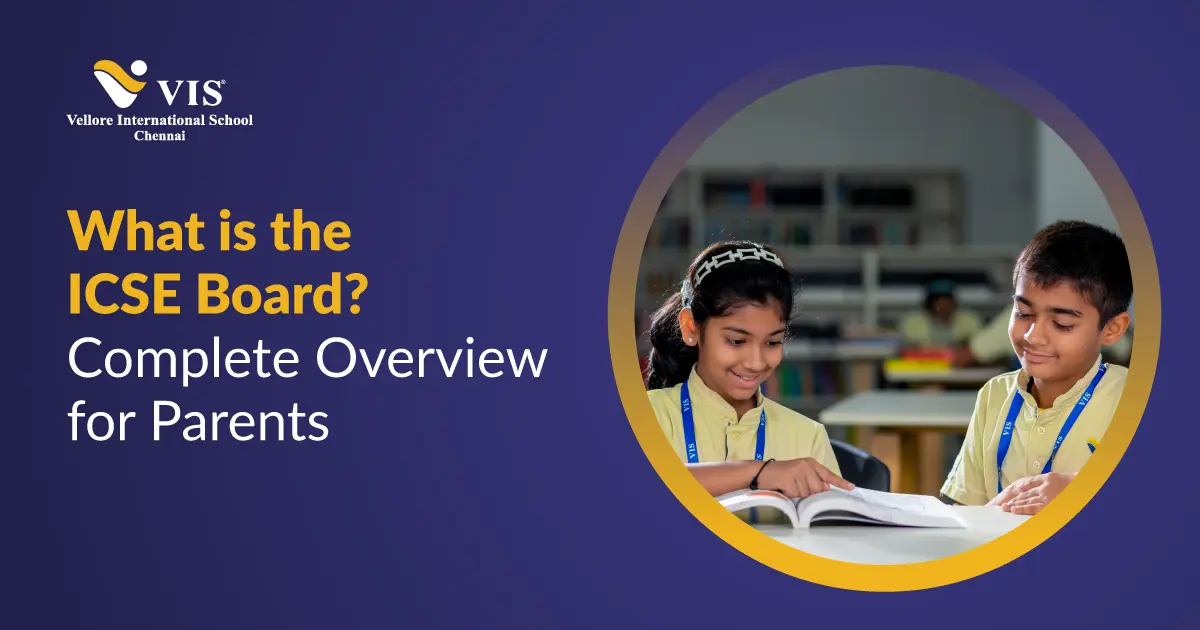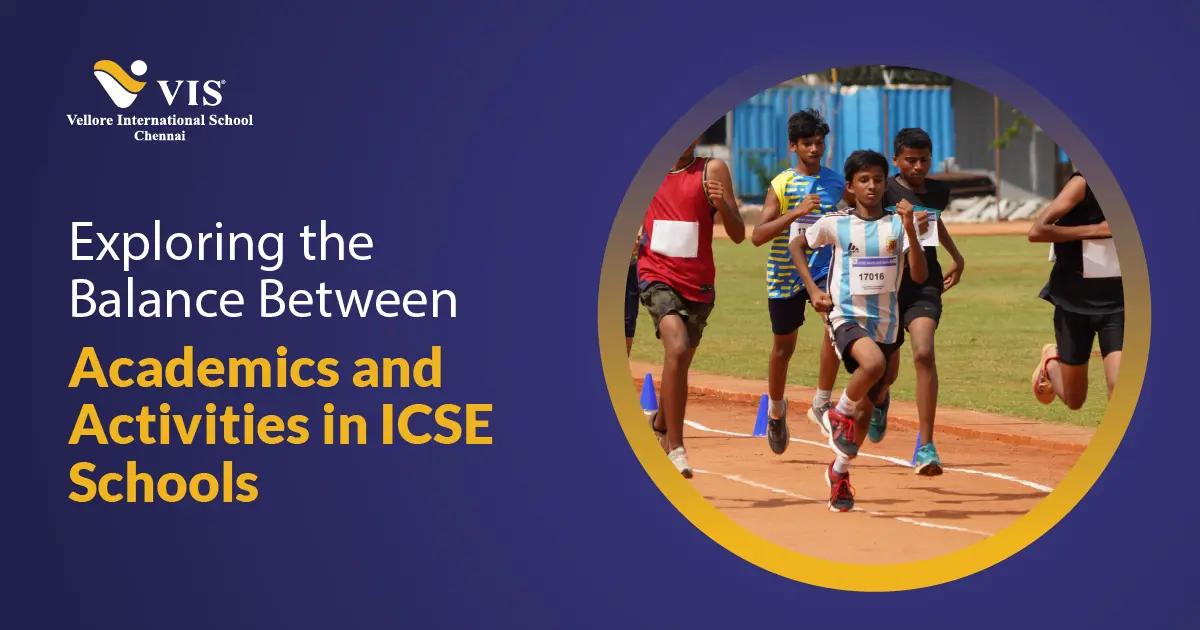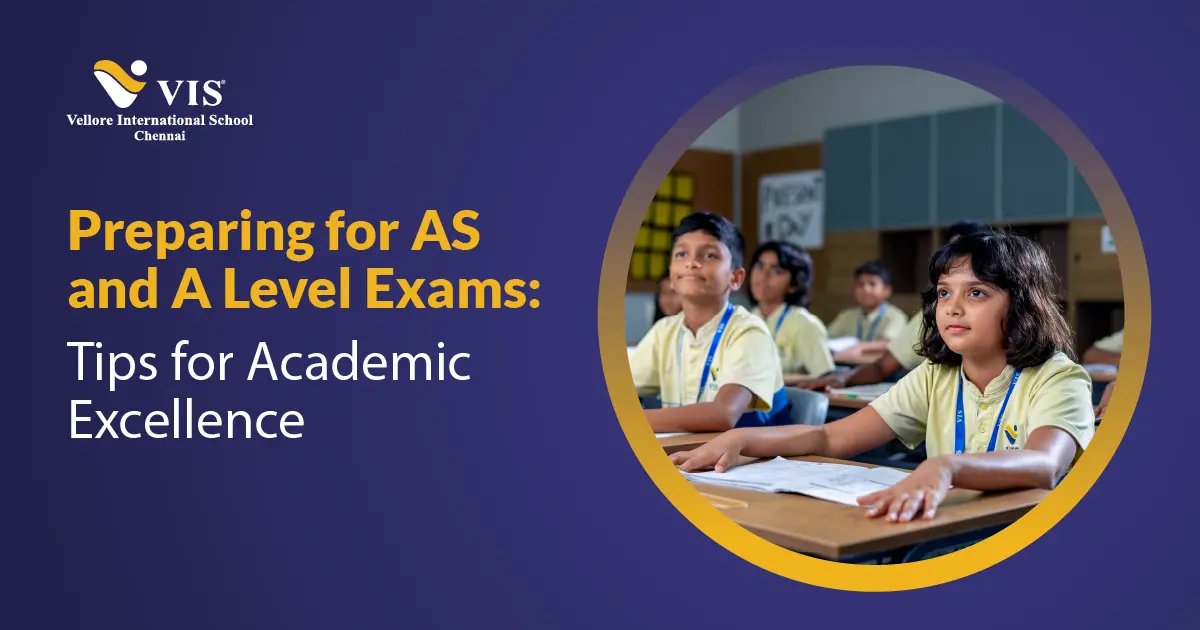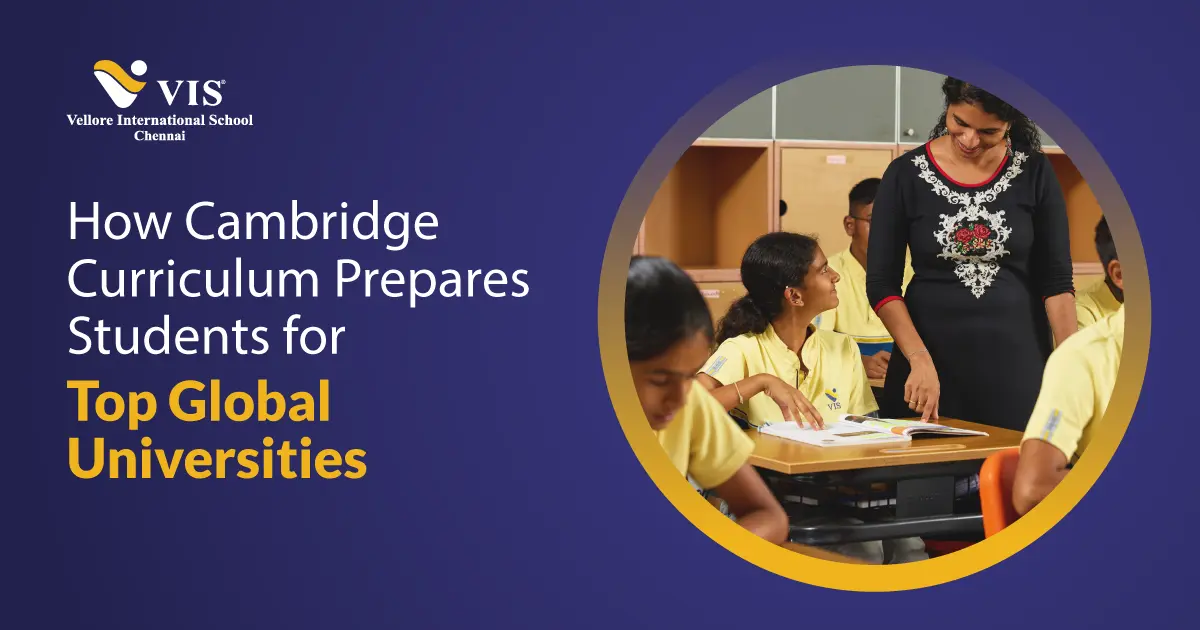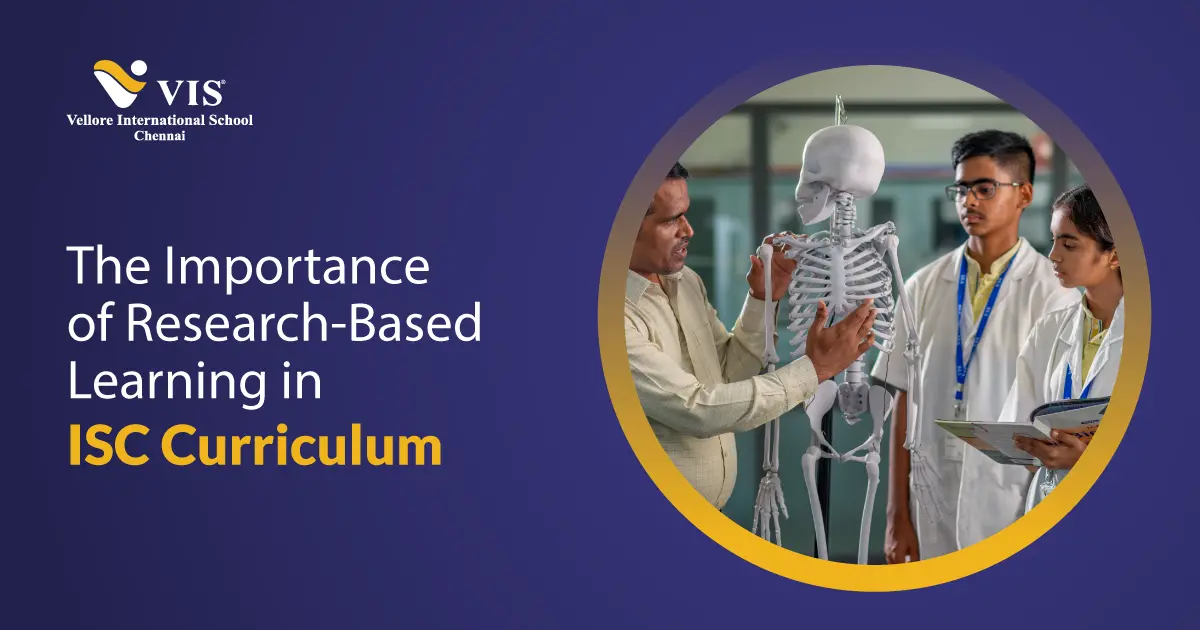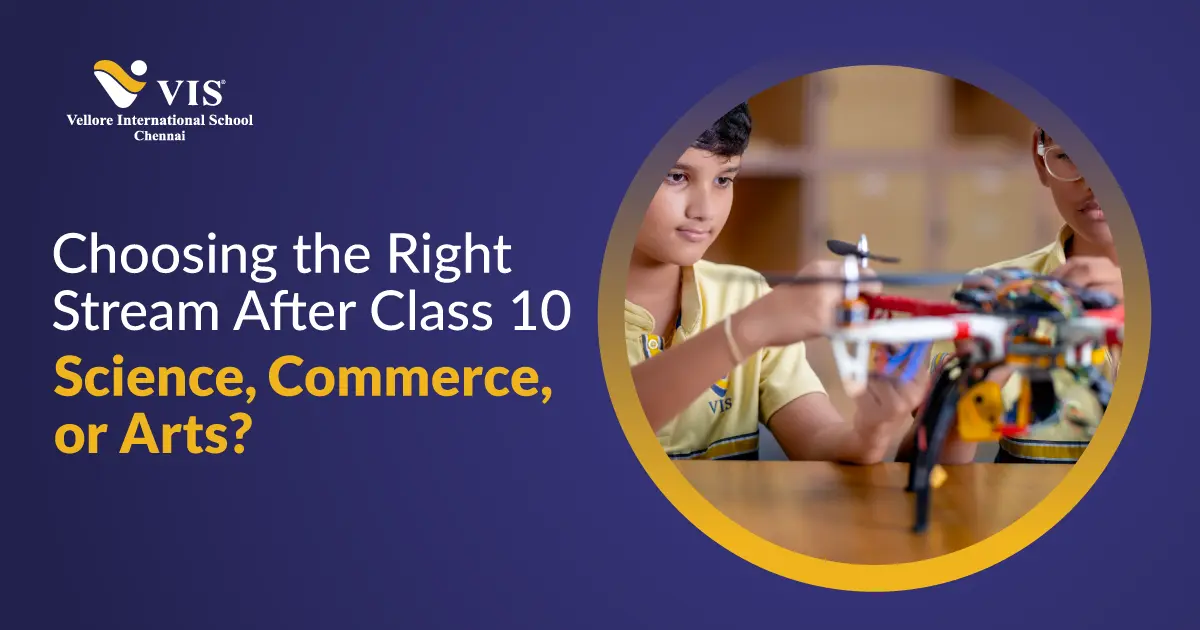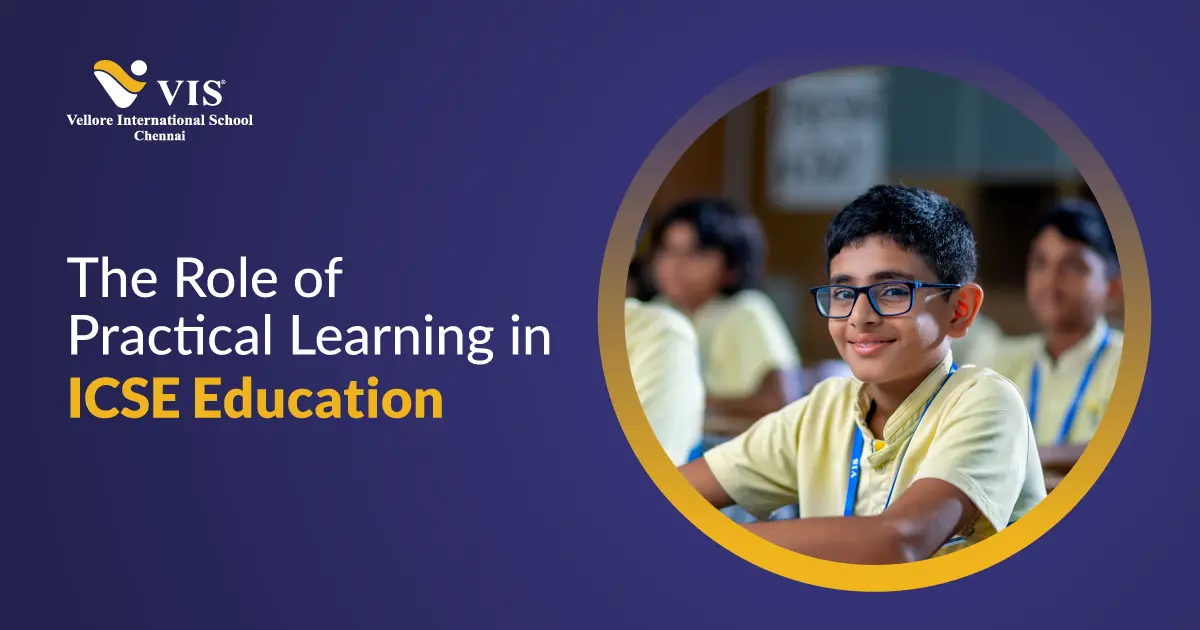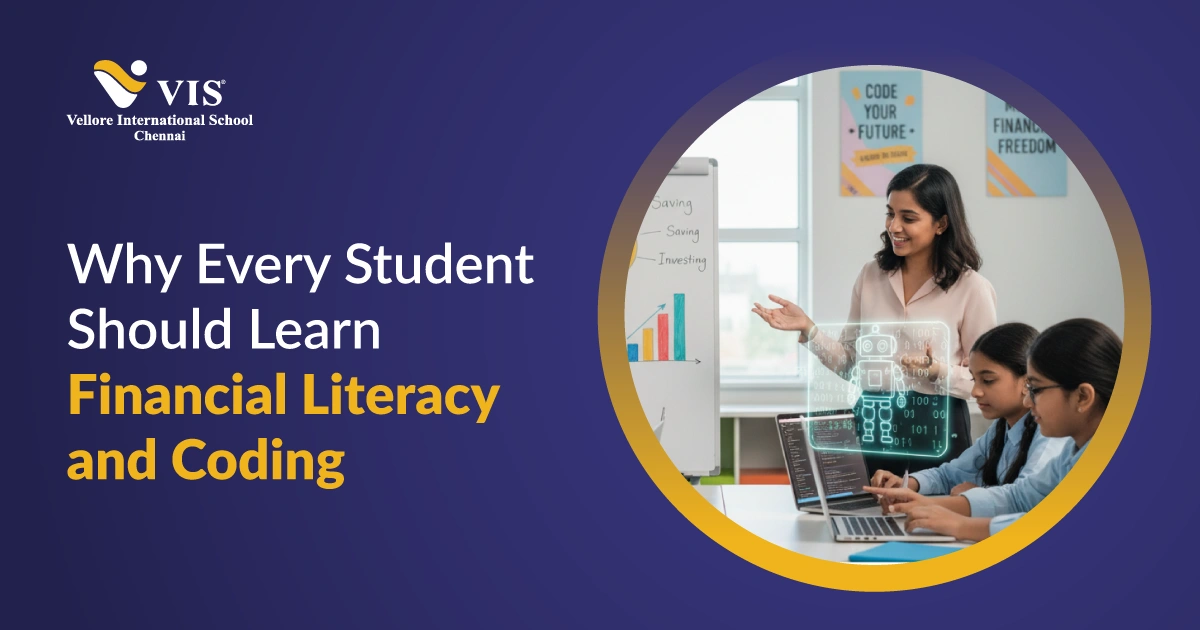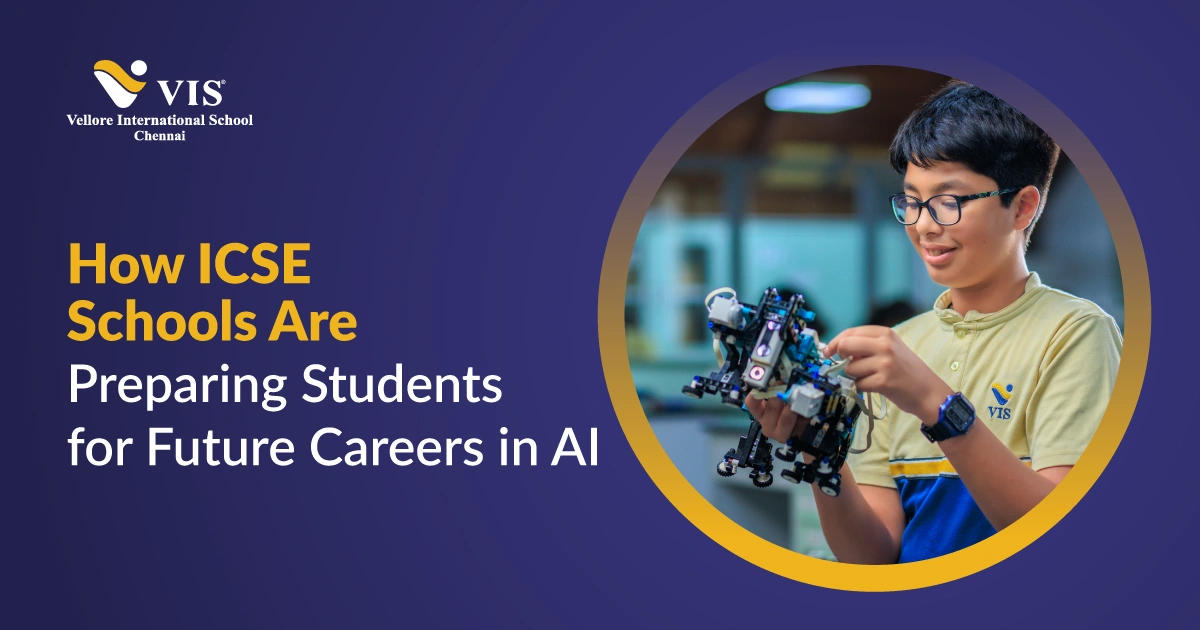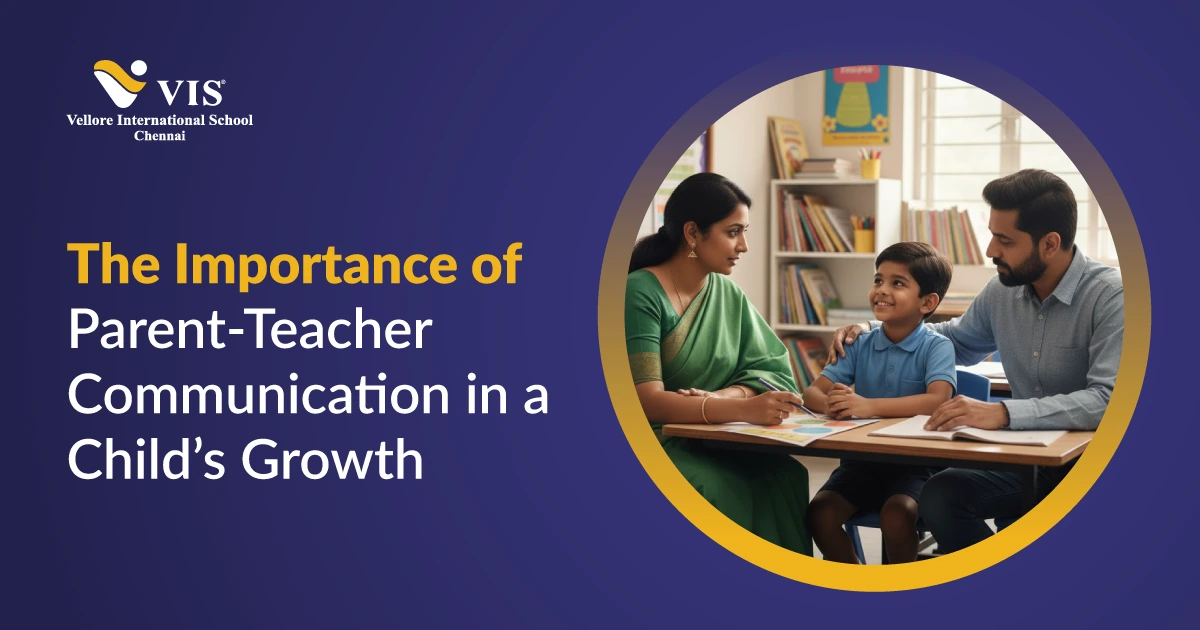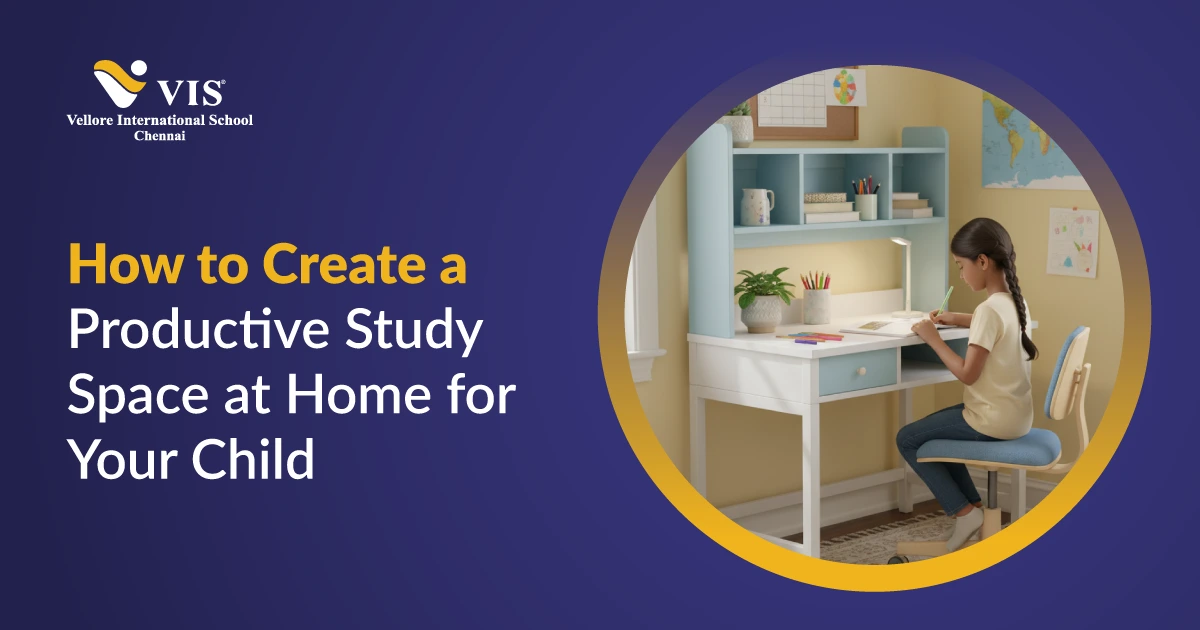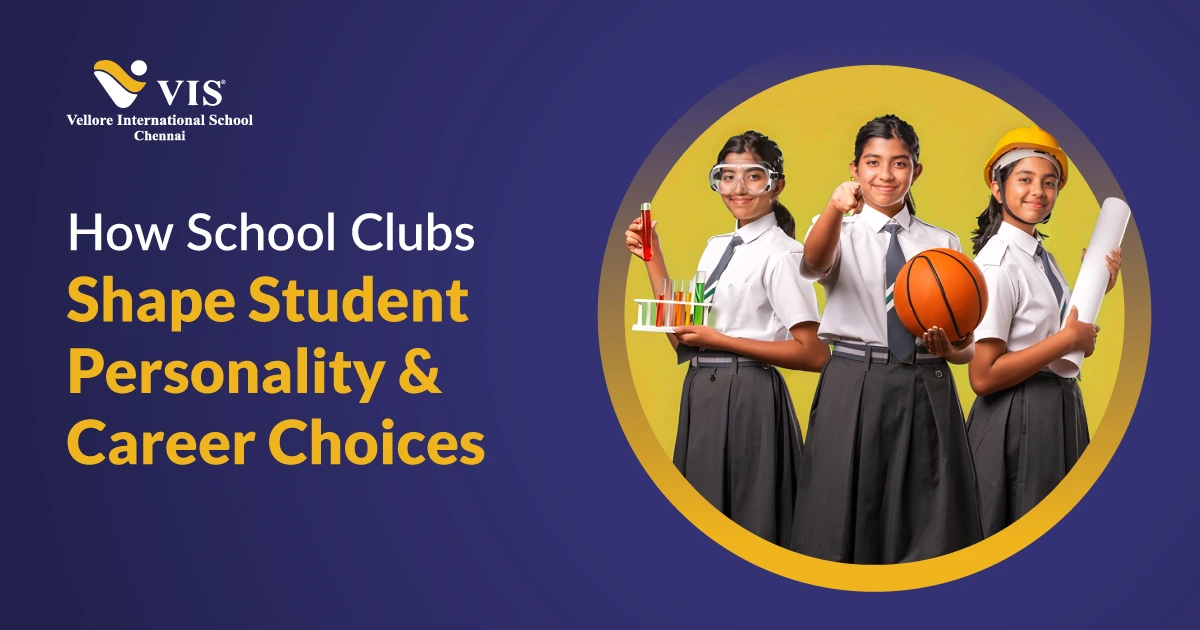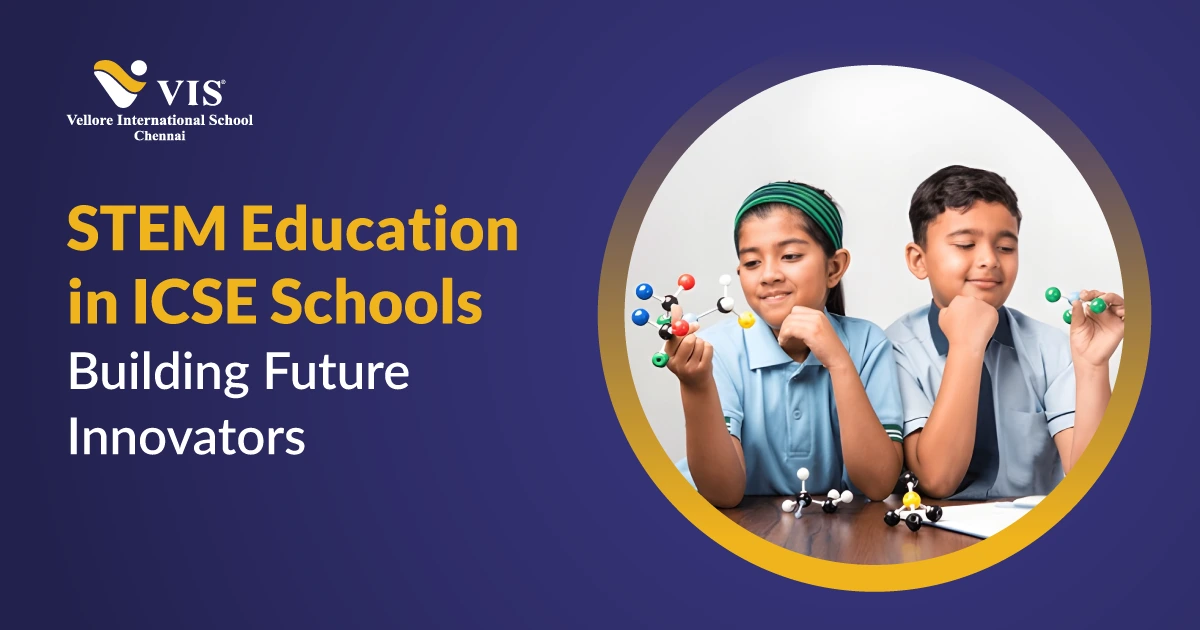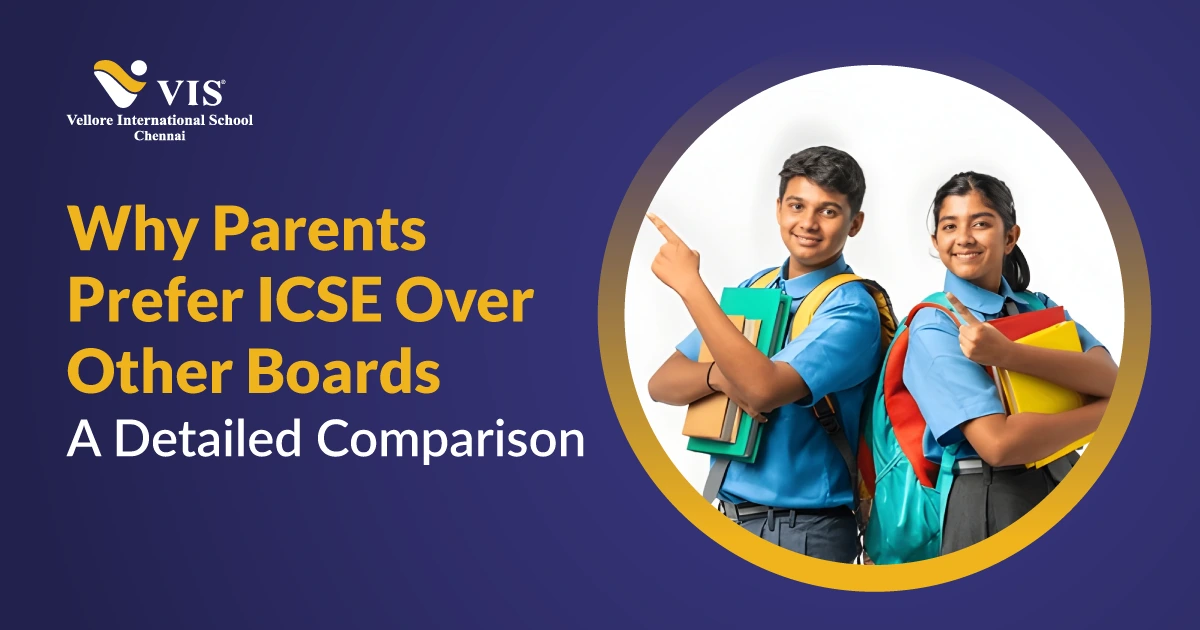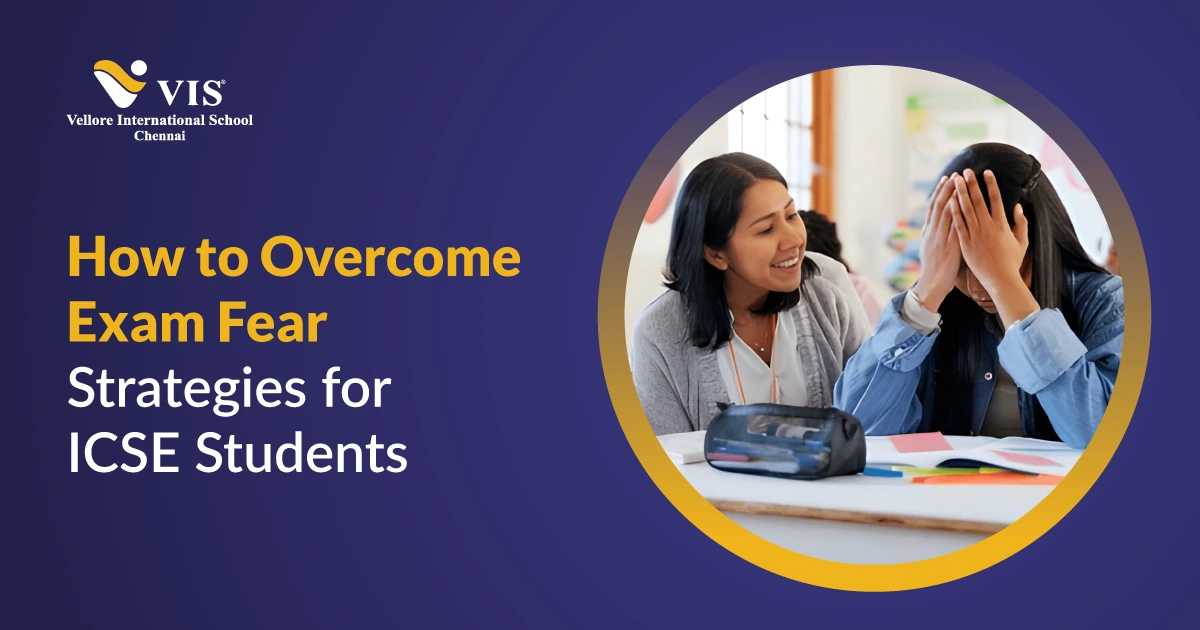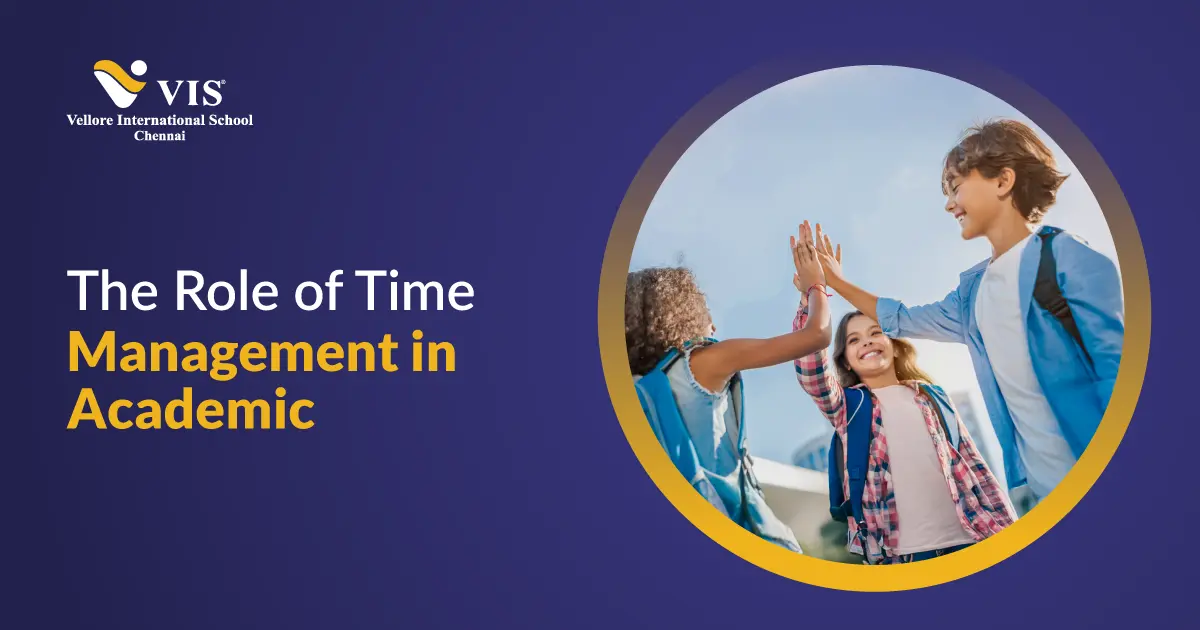Why Are Libraries Still Relevant in the Digital Age? In an era dominated by smartphones, e-books, and online content, one might ask, “Why do we still need traditional libraries in schools? “ What role can a library possibly play when information is just a Google search away?
The answer is both simple and profound. Libraries are the heart of learning environments, fostering curiosity, critical thinking, and a lifelong love for reading. This blog explores the multidimensional role of libraries in schools, particularly ICSE institutions, and how they nurture a culture of reading and inquiry.
Why Is School Library Important?
The significance of libraries in schools can be measured through numerous global and Indian studies that reflect their powerful impact:
- Students in schools with well-resourced libraries score 20% higher in reading tests compared to those without libraries (School Library Journal, USA).
- In India, NCERT reports that schools with dedicated libraries see a 15 – 18% improvement in language scores across Classes VI to X.
- The 2018 ASER Report shows that rural students with access to libraries perform 30% better in reading comprehension tasks.
- According to a UNESCO study, a functional school library increases the frequency of voluntary reading by 40%.
- The International Federation of Library Associations (IFLA) affirms that students with library access show better critical thinking skills and higher levels of engagement.
- In ICSE-affiliated institutions, where English and literature are focused, students with strong reading habits have been shown to achieve higher grades by 12 – 15% than their peers without access to a proper library system.
- The CBSE – ICSE comparative analysis indicates that ICSE students with access to libraries outperform their CBSE counterparts in English and Humanities subjects by up to 10%.
- A National Digital Library of India survey revealed that 83% of ICSE students who accessed digital libraries improved their academic scores by at least one grade level.
These statistics alone affirm that libraries in schools are essential, measurable contributors to student success.
The Role of Libraries in ICSE Schools:
1. The Educational Value of Libraries in ICSE Schools
ICSE (Indian Certificate of Secondary Education) is known for its comprehensive and literature curriculum, especially in English and the humanities. The inclusion of classic novels, modern plays, and a wide range of poetry requires more than just textbooks. Libraries provide students with access to:
- Unabridged versions of literary works.
- Author biographies, literary critiques, and historical context.
- Supplementary reading materials to enhance comprehension.
Libraries in schools promote independent learning by offering students a chance to explore subjects that interest them beyond the syllabus. For instance, a student interested in astronomy might explore Carl Sagan’s books, while another drawn to economics might engage with Thomas Piketty or Raghuram Rajan.
2. Cultivating a Lifelong Reading Habit
Numerous studies confirm that reading for pleasure significantly improves literacy, empathy, creativity, and general well-being. In ICSE schools, where assessments focus application based learning and expressive writing, students who read widely are better equipped to articulate ideas and arguments.
Libraries in schools provide a rich, inviting space to discover fiction, biographies, graphic novels, non-fiction, travelogues, and more. When students read what they enjoy, reading becomes a habit rather than a chore.
In a world saturated with screens, libraries offer a calm, screen free zone that stimulates imagination. Whether it’s sitting on a beanbag with a novel or flipping through an atlas, children need spaces where their attention isn’t hijacked by notifications.
3. Role of School Librarians: Mentors, Not Just Bookkeepers
A modern librarian’s role extends far beyond managing books. In ICSE schools, librarians often act as reading mentors who:
- Recommend books based on students’ interests and reading levels.
- Organise reading challenges, author visits, and literary quizzes.
- Maintain a balanced collection from classics to contemporary, regional to global, fiction to reference.
An experienced librarian can nurture a reluctant reader into an enthusiastic one.
4. Language Proficiency Through Reading
Reading widely improves vocabulary, understanding of grammar in context, and comprehension – all of which are essential for ICSE board exams, especially in English Language and Literature. Students who read diverse genres also perform better in creative writing and comprehension sections, as they’re more familiar with varied sentence structures, tones, and styles.
Exposure to ideas through reading translates to better spoken communication. Students learn to debate, present, and write essays more confidently, key competencies for ICSE’s higher level classes.
5. The Library as a Cultural and Collaborative Hub
Libraries in ICSE schools often host book fairs, literature weeks, and storytelling sessions that celebrate literary diversity. Through these events, students learn to appreciate regional, national, and international writers, building both cultural appreciation and global awareness.
Beyond being a reading space, libraries act as collaboration zones. Students can work on group projects, use reference materials together, or discuss ideas in a quiet and respectful environment. Such collaboration aligns with the ICSE curriculum’s emphasis on holistic education.
6. Role of Libraries in Developing Critical Thinking
ICSE education encourages students to question, explore, and evaluate rather than simply memorise. Libraries fuel this spirit of inquiry through:
- Non-fiction books on politics, science, and philosophy.
- Journals and periodicals offering current affairs and multiple viewpoints.
- Debate clubs and reading circles that promote analytical dialogue.
Reading literary fiction helps develop empathy. When students enter the lives of characters from different backgrounds, they learn to view the world through varied lenses. This emotional intelligence is as important as academic success.
Challenges Faced by Libraries in Schools Today
Some schools still view libraries as auxiliary rather than essential. Budget cuts often mean fewer new books, outdated infrastructure, or no trained librarian. This undermines students’ growth, especially in ICSE setups where library use is integral.
With everything available online, many students prefer watching videos or summaries instead of reading. The challenge lies in making the library space inviting and the reading process enjoyable through gamification, rewards, and peer engagement.
How Parents Can Encourage Library Use
Parents play a vital role in cultivating a child’s reading habit, especially by encouraging library use. One powerful way is to model reading behaviour, when children observe their parents enjoying books, newspapers, or magazines, they naturally develop curiosity and interest in reading.
Taking children to public libraries and exploring books together reinforces the idea that libraries are valuable and exciting. Additionally, engaging in book discussions helps children deepen their understanding and makes reading a shared family experience. These practices show children that reading is both enjoyable and important beyond academics.
Vellore International School: The School Library Advantage
At Vellore International School (VIS), the library is a vibrant academic ecosystem. Located in the heart of the lush VIS campus, the school library stands as a symbol of the school’s commitment to holistic and future-ready education.
The VIS library reflects the core values of the ICSE framework: intellectual rigour, creativity, and independent thought. Stocked with thousands of books across disciplines and reading levels, we cater to students from all age groups. From picture books for early learners to research journals for senior secondary students, the resources are diverse and continuously updated.
Students have access to e-books, digital archives, and online research tools alongside physical books. This hybrid model supports the modern learner and aligns with VIS’s tech-enabled infrastructure. Beyond resources, the VIS library fosters community. We regularly host:
- Book talks and reading circles
- Themed reading weeks
- Author webinars
- Student-led storytelling sessions
- Literary festivals and poetry slams
Final Thoughts: Libraries Are Gateways to Growth
So, what role do libraries in schools truly play? They shape thinkers, writers, leaders, and learners. In ICSE schools, especially those like Vellore International School (VIS), libraries are not an afterthought but an academic powerhouse.
They help students fall in love with reading, become confident researchers, think independently, and connect with diverse voices, all of which are critical in today’s complex world. In the end, books are more than printed words. They are passports to ideas, and libraries are the ports from which students set sail.
FAQs:
1. Why are libraries important in ICSE schools?
Libraries support the literature rich ICSE curriculum, enhance reading and research skills, and foster a love for independent learning.
2. How do libraries in schools impact student performance?
Students who read regularly perform better in language arts, have better comprehension, and show improved writing and critical thinking skills.
3. What kind of books should an ICSE school library include?
A balanced mix of classics, contemporary fiction, non-fiction, reference materials, digital resources, and age-appropriate magazines.
4. How can schools encourage students to use libraries more?
Through book fairs, reading challenges, peer recommendation walls, and integrating library periods into the timetable.
5. What makes the VIS library unique?
Vellore International School’s library combines academic support with literary engagement, offering modern resources, active programming, and a culture that celebrates reading.

